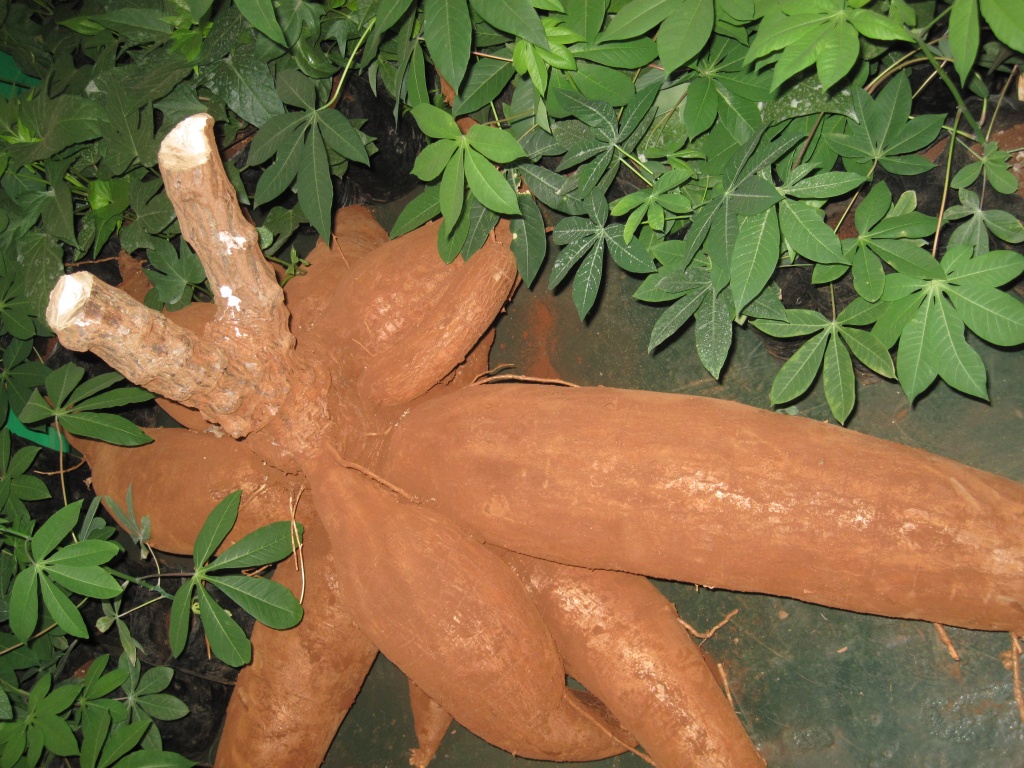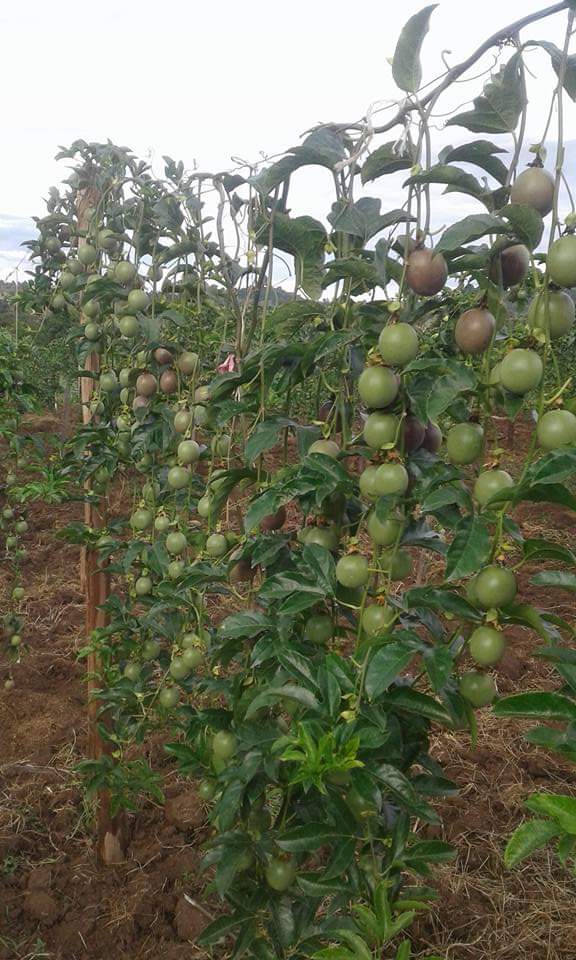 Ebwana Tereka cassava variety which was released in 2017 by Kenya Agricultural Livestock and Research Organisation (KALRO). Smallholder farmers in Machakos growing the crop will enjoy ready market following the opening of a processing plant in the area. Photo, Zablon Oyugi.
Ebwana Tereka cassava variety which was released in 2017 by Kenya Agricultural Livestock and Research Organisation (KALRO). Smallholder farmers in Machakos growing the crop will enjoy ready market following the opening of a processing plant in the area. Photo, Zablon Oyugi.
Small-scale farmers who have been producing cassava for domestic consumption can sell the crop to earn money following the opening of Kiara Agro Limited factory in Machakos County. The factory processes at least 15 tonnes of cassava to extract starch from tuber for re-packaging and selling to local consumers.
Kiara Agro Ltd Managing Director Pinal Patel says the factory is ready to help farmers in producing high-quality cassava to meet its demand while providing a source of revenue to the families. Soil can be tested and best yielding breeds recommended, as one of the ways of helping the farmers.
“The cassava tubers must be of good quality to fetch well. Quality tubers yield high starch content, which is good for the company and the farmer. They have less fibre content and more starch, which is our main target product,” he says.
RELATED STORY: Ebwana Tereka cassava variety produces many tubers in short time
Quality tubers
But the director insists that the cassava must meet the set criteria for the company to accept produce from suppliers. A mature tuber must be at least one or one and a half feet long, and two to three inches in thickness. This would ensure maximum productivity.
“For every five kilos of the tubers we can extract a maximum of one kilo of starch. This is achievable if a farmer has the right variety and proper management practices,” he said.
RELATED STORY: New disease resistant cassava varieties for Coastal Kenya can yield 20 to 28 tons per acre
Value addition
Just like sweet and Irish potatoes, farmers are selling cassava in the form of crisps. Much of the processing cassava into crisps is done locally, with more others doing it on roadsides and open spaces, posing multiple health risks.
Patel said the starch minting from the cassava is an opportunity for farmers to enjoy the tuber in its finest powder form when the less useful materials like fibre have been eliminated. “Besides hygiene, processing increases the shelf-life of the cassava.
No produce would go to waste after processing, for it will be consumed when the supply from farms is low. This would ensure a constant supply to avid consumers,” he said.
RELATED STORY: 70m Africans to benefit from fast maturing cassava variety
Cassava is money
Cassava tolerates relatively poor soils and drought. This makes it a leading staple food for more than 300 million Africans of drier regions. Food and Agricultural Organisation says Africa produced 140 million metric tonnes of cassava against 65 million metric tonnes of maize in 2011.
Much of this cassava is more of a food than a cash crop. But the emergence of the processing industry would turn the tuber into a commercial crop for most small-scale farmers in drier and infertile soil regions where tea, coffee and other crops may not do well.
They will earn between Sh4 and Sh6 per kilo, which he says is way above the production cost of about Sh1.30 per kilo of cassava. The director said their research had shown the local market is in demand of processed cassava, making this venture a lucrative investment.
He said the company looks forward to expanding to process more cassava.
Write comment (0 Comments)




 Part of a passion fruit farm of one of the farmers in Mwingi, Machakos County. Photo courtesy.
Part of a passion fruit farm of one of the farmers in Mwingi, Machakos County. Photo courtesy.










